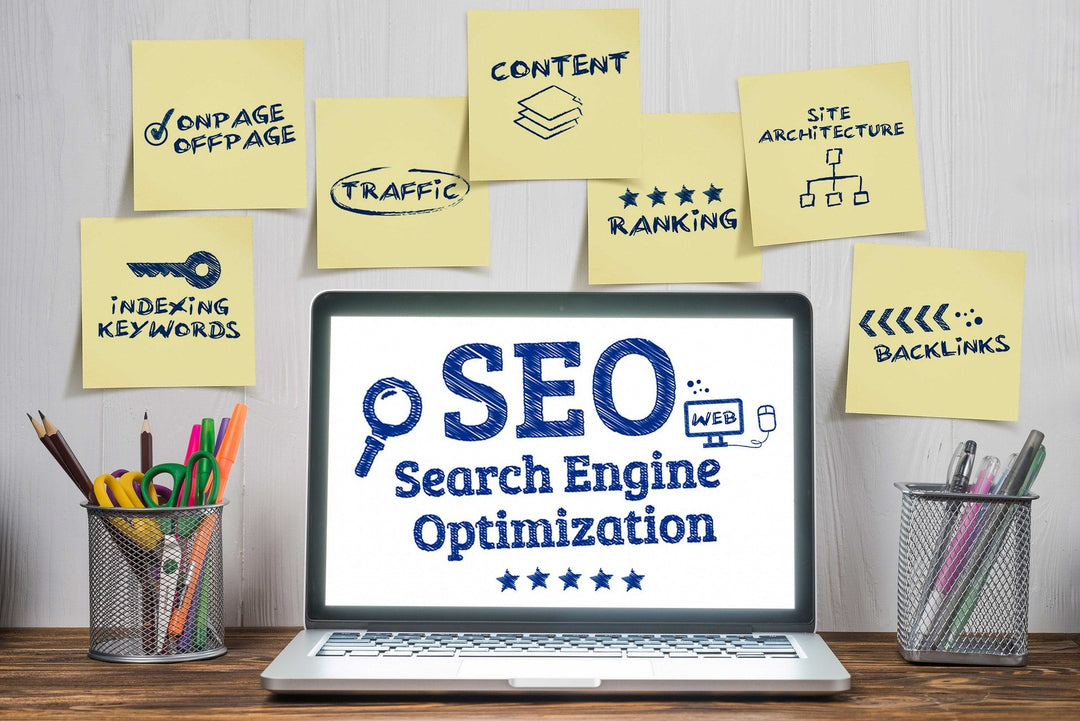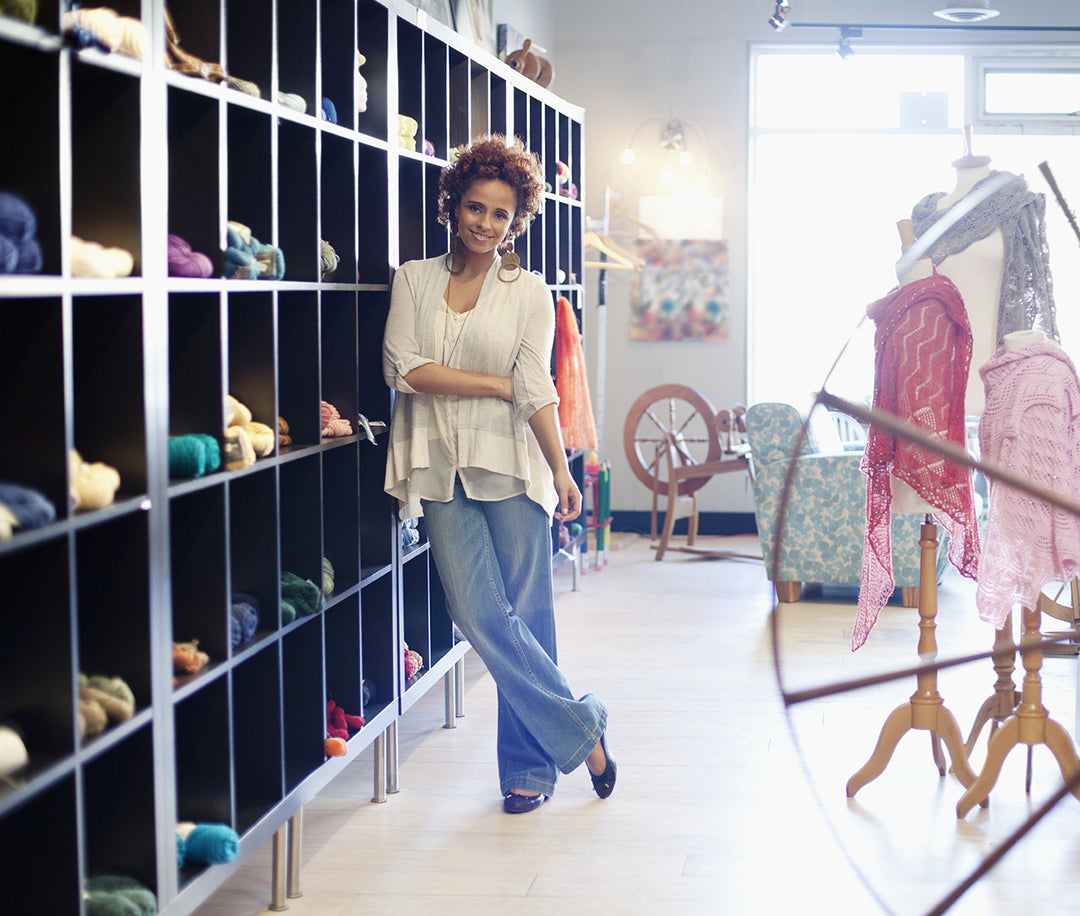Captivating Shopify Store Photography Tips
Frequently Asked Questions
1. Why is quality photography important for an eCommerce store?
2. What types of cameras are recommended for product photography?
3. How can lighting affect product photography?
4. What are some best practices for taking compelling photographs of products?
5. How can I engage my audience with lifestyle photography?
When it comes to running a successful eCommerce store on Shopify for small businesses, the importance of quality photography cannot be overstated. Stunning images can transform your store, boosting sales and enhancing customer engagement. Let's explore some best practices for Shopify store photography that will help your eCommerce business gain an edge in the crowded online marketplace.
The Importance of Quality Photography
High-quality photographs are essential for several reasons:
- First Impressions Matter: Customers often form opinions about your brand within seconds of landing on your site. Quality images create a positive first impression.
- Building Trust: Professional-looking photographs can enhance credibility. Shoppers are more likely to trust a business that showcases high-quality, clear images.
- Showcase Your Products: Quality images allow you to highlight the details and features of your products, which can influence buying decisions.
- Increase Engagement: Eye-catching photography encourages visitors to explore your store further, leading to potential sales.
Choosing the Right Equipment
Camera Options
Investing in the right camera is one of the first steps to capture stunning product photography. While professional DSLRs can offer superior image quality, there are also several affordable options:
- DSLR Cameras: Great for sharp, high-resolution images. Look for models that allow for lens changes.
- Mirrorless Cameras: These cameras tend to be compact and lightweight while maintaining high image quality.
- Smartphone Cameras: Many modern smartphones have exceptional cameras. You can take impressive photos without breaking the bank.
Essential Accessories
To enhance your photography, consider investing in some essential accessories:
- Tripods: Keep your camera steady for crisp images, especially in low-light conditions.
- Lighting Kits: Good lighting is crucial. Natural light is fantastic, but artificial lighting can help you avoid shadows and enhance colors.
- Backdrops: Simple backdrops can help focus attention on your products. Neutral colors often work best.
Setting the Scene for Success
Creating an Ideal Environment
Having a great setup for your product photography is essential:
- Choose the Right Location: Whether you are using natural light or a studio, ensure your space is well-lit and free from distractions.
- Consider the Background: A clean, uncluttered, and neutral backdrop helps your products stand out. Avoid busy patterns that can confuse potential buyers.
- Staging Your Products: Display your items in a way that demonstrates their use or functionality. This can help customers visualize the product in their lives.
Lighting Techniques
Lighting can make or break your product photography. Here are some techniques to consider:
- Natural Light: Shooting during 'golden hour' (the hour after sunrise and before sunset) provides soft, flattering light.
- Softboxes: These create even, diffused lighting that reduces harsh shadows.
- Reflectors: Use reflectors to bounce light back onto your products and eliminate unwanted shadows.
Taking Compelling Photographs
Composition and Angles
Pay attention to how you frame your shots. Here are tips for effective composition:

- Rule of Thirds: Divide your frame into a 3x3 grid, placing the focal point at the intersections to create a balanced composition.
- Multiple Angles: Capture your products from different angles. Show details, close-ups, and various perspectives to give a complete view.
- Use Negative Space: Incorporate blank space around your subject to draw attention and enhance visual appeal.
Editing Your Photos
After capturing your images, editing is vital to ensure they look their best:
- Post-Processing Software: Tools like Adobe Lightroom and Photoshop can help you adjust exposure, colors, and sharpness.
- Consistent Style: Developing a consistent editing style can create a cohesive look across your product images, reinforcing your brand identity.
- Optimize for Web: Ensure your images are properly sized and compressed for faster loading times, critical for user experience on your Shopify for small businesses website.
Utilizing Shopify Features
Leverage Product Pages
The product pages on your Shopify store should showcase your photography effectively:
- High-Quality Thumbnails: Use sharp, well-lit images for product thumbnails to attract clicks.
- Zoom Functionality: Utilize the zoom feature so customers can get an up-close look at your products. This is crucial for eCommerce as shoppers can’t physically touch the items.
- Add Multiple Images: Ensure each product listing includes several images from different angles, providing a well-rounded view.
Highlight Customer Reviews with Images
Encourage customers to submit their own images with product reviews. This not only enhances credibility but also gives potential buyers a real-life perspective of how your products look in use. User-generated content can significantly boost engagement and trust within your Shopify for small businesses platform.
Implement A Consistent Brand Identity
Maintaining a cohesive brand identity through your photography is crucial. Here are a few practices to consider:
- Color Schemes: Stick to a specific color palette that aligns with your brand identity. This helps create a visually appealing store layout.
- Consistent Filters: Using the same filters or editing styles across images can create a signature look for your products.
- Brand Storytelling: Use your images to tell your brand’s story. Highlight your values and what makes your products unique.
Maximize Engagement with Lifestyle Photography
Beyond straightforward product shots, lifestyle photography can be an excellent way to connect with your audience. Here’s how to implement it:
- Show Your Products in Use: Capturing your products in real-life scenarios can help potential customers envision them in their own lives.
- Relatable Settings: Choose environments that resonate with your target audience and reflect their lifestyle choices.
- Include People: Featuring models using or wearing your products can create an emotional connection and encourage purchases.
Don’t Forget About Video Content
In today’s digital landscape, video content is increasingly becoming integral to eCommerce marketing. Consider these tips for product videos:
- Product Demos: Create short videos highlighting your product’s features and benefits – perfect for showcasing its versatility.
- Behind the Scenes: Offering viewers a peek into your product creation process can strengthen your brand story and build customer loyalty.
- Customer Testimonials: Video reviews can create a powerful avenue to engage prospective customers and increase their trust in your brand.
Share Your Photography on Social Media Platforms
Utilizing social media can significantly enhance your brand visibility and drive traffic to your Shopify store:
- Visual Content is Key: Platforms like Instagram and Pinterest thrive on visual content, making quality imagery essential.
- Engage with Your Audience: Use your photography to tell your brand’s story and connect directly with your audience.
- Collaborate with Influencers: Partnering with social media influencers for shoutouts can expand your reach and get your products in front of new audiences.
A Game-Changer for Your eCommerce Store
In summary, implementing these best practices for Shopify store photography can make a substantial difference in your eCommerce success. By investing in quality photography, maintaining a consistent brand identity, and leveraging social media, you can attract more customers and enhance their shopping experience. Remember, in the world of online retail, a picture is worth more than a thousand words — it’s worth a thousand sales!
Explore another user's Shopify or Wix store by following this link to their store. Keep in mind that this is a promotional link, and we assume no responsibility for the content of the linked store.






Leave a comment